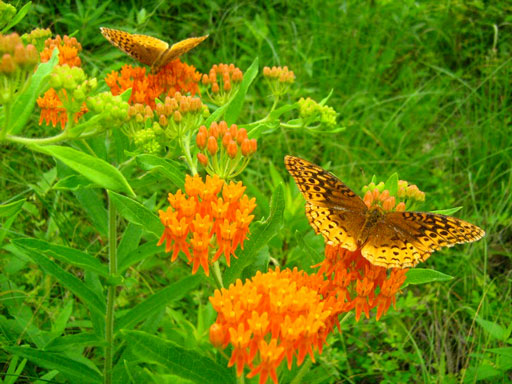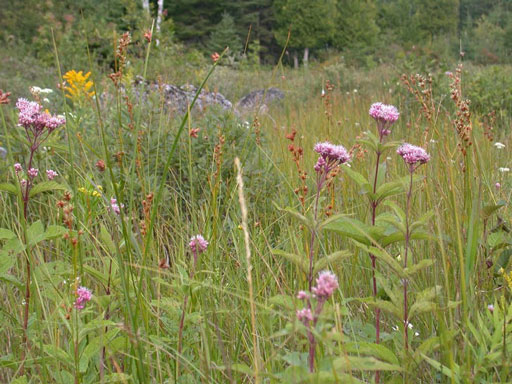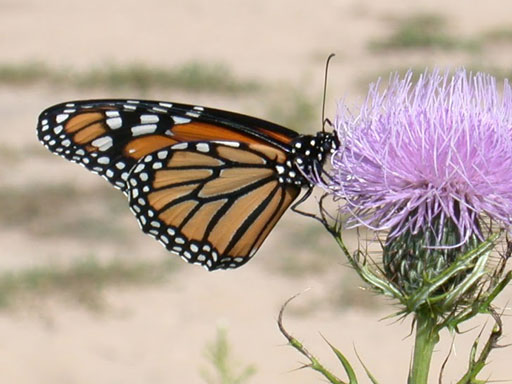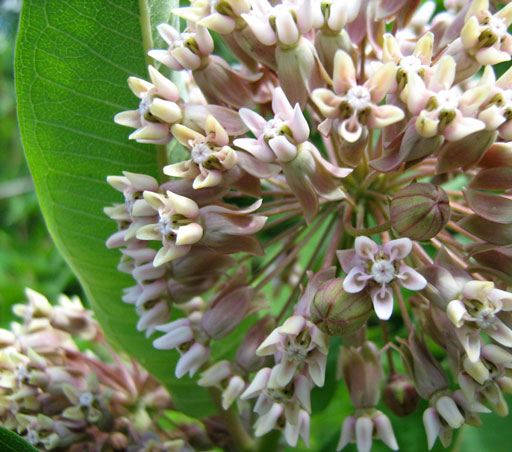Why Native?
We consider native species to be those that have been growing here since before Europeans settled in this area.
These plants are well-adapted to the local climate and soils as well as to the naturally occurring historic disturbance processes such as fire, flooding, and wind throw.
Using native plants in place of alien ornamentals or lawn can bestow many benefits, both economical and ecological. Native plants that have evolved in a locale over thousands of years are uniquely suited to their habitat and that adaptation conveys many benefits.


Appropriately sited native plants use much less water than a lawn; typically no water at all is needed once the plants are established. Native plantings of any scale need less maintenance once well established, as compared to the yearly weeding of a mulched ornamental planting or the weekly mowing of a lawn.
A third benefit is that native plants require no fertilizers or pesticides. All of these factors lead to a significant savings of time or money, while using fewer resources in the long run.
Wildlife also benefits greatly when native plants are used. Native animals all evolved closely with our native plants and rely on these plants to provide them with food and shelter. Every small bit of habitat helps wildlife. Insects such as butterflies and other pollinators, small mammals, and numerous bird species all flock to settings that are rich in native plant diversity.
If you happen to live on a lake, you can even provide great fish habitat by planting native submergent and emergent plants.


Aesthetics are highly subjective, but many find that native plants convey a sense of place and history. Native plants are especially valuable in creating a garden that is beautiful in all seasons, from spring green to summer flowers, fall colors and berries, through winter’s textures and muted hues. In addition to the plants themselves, the insects and birds they attract add to the interest of the planting.
